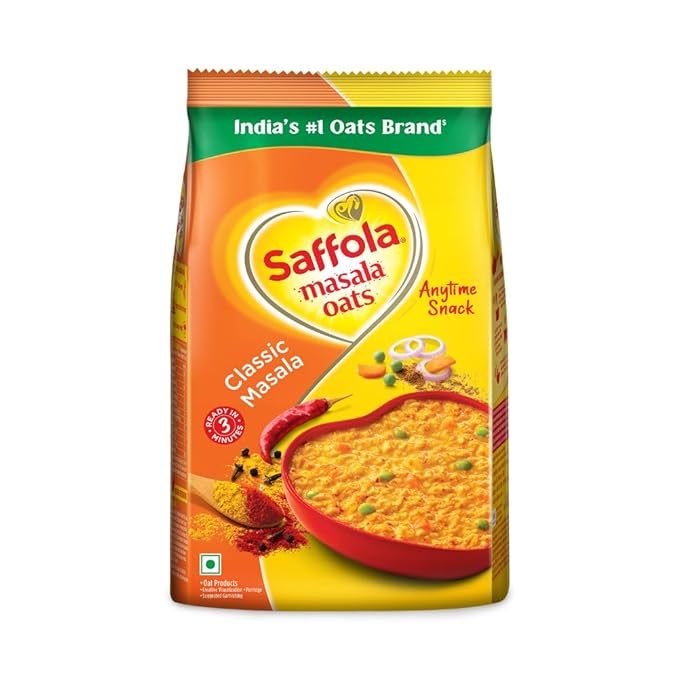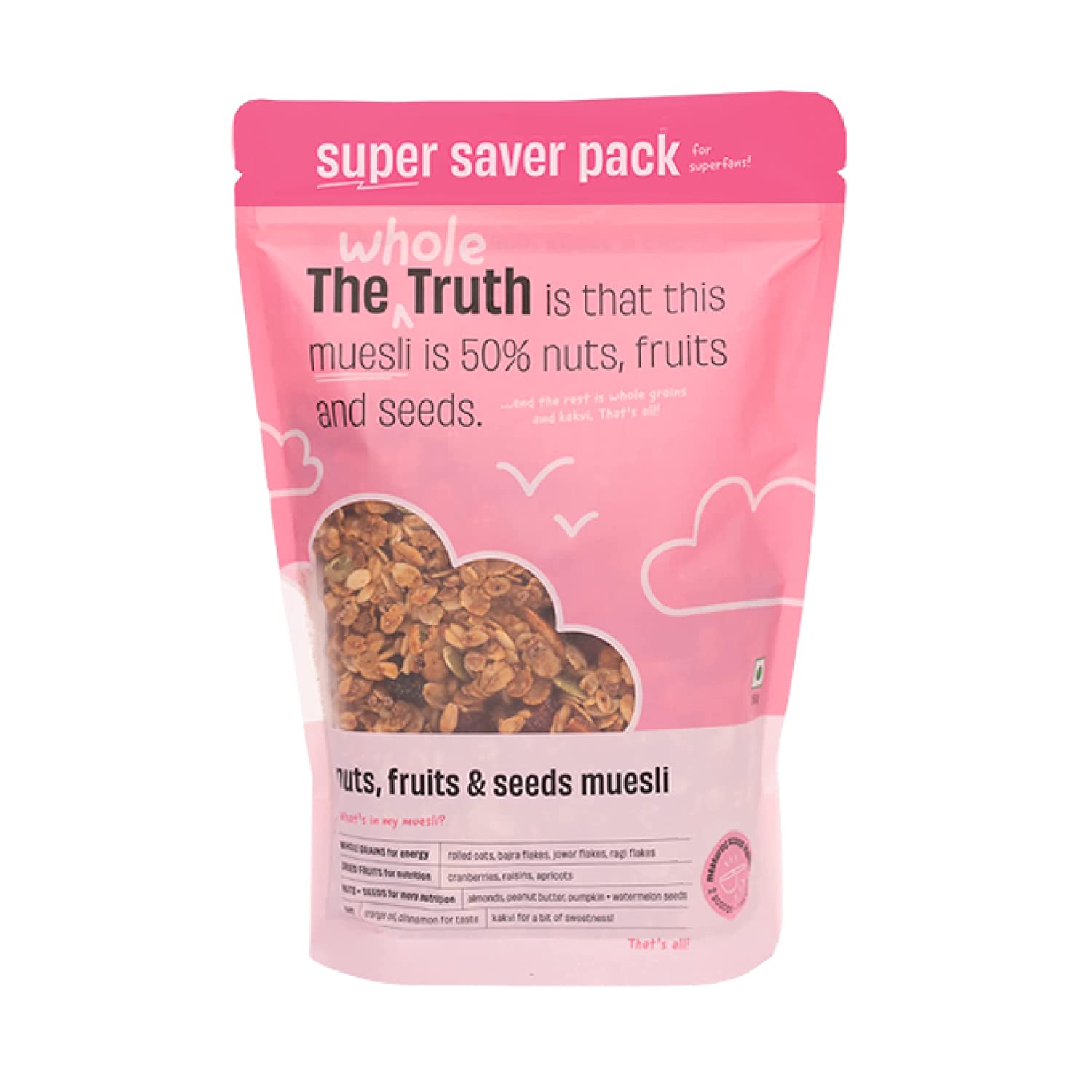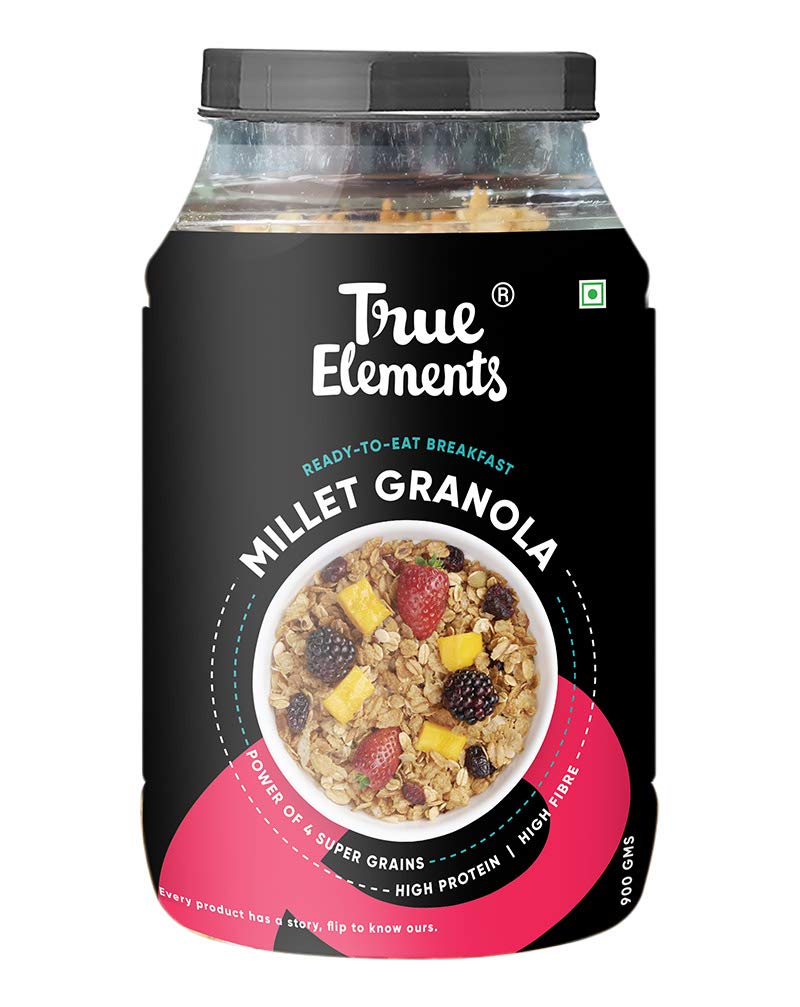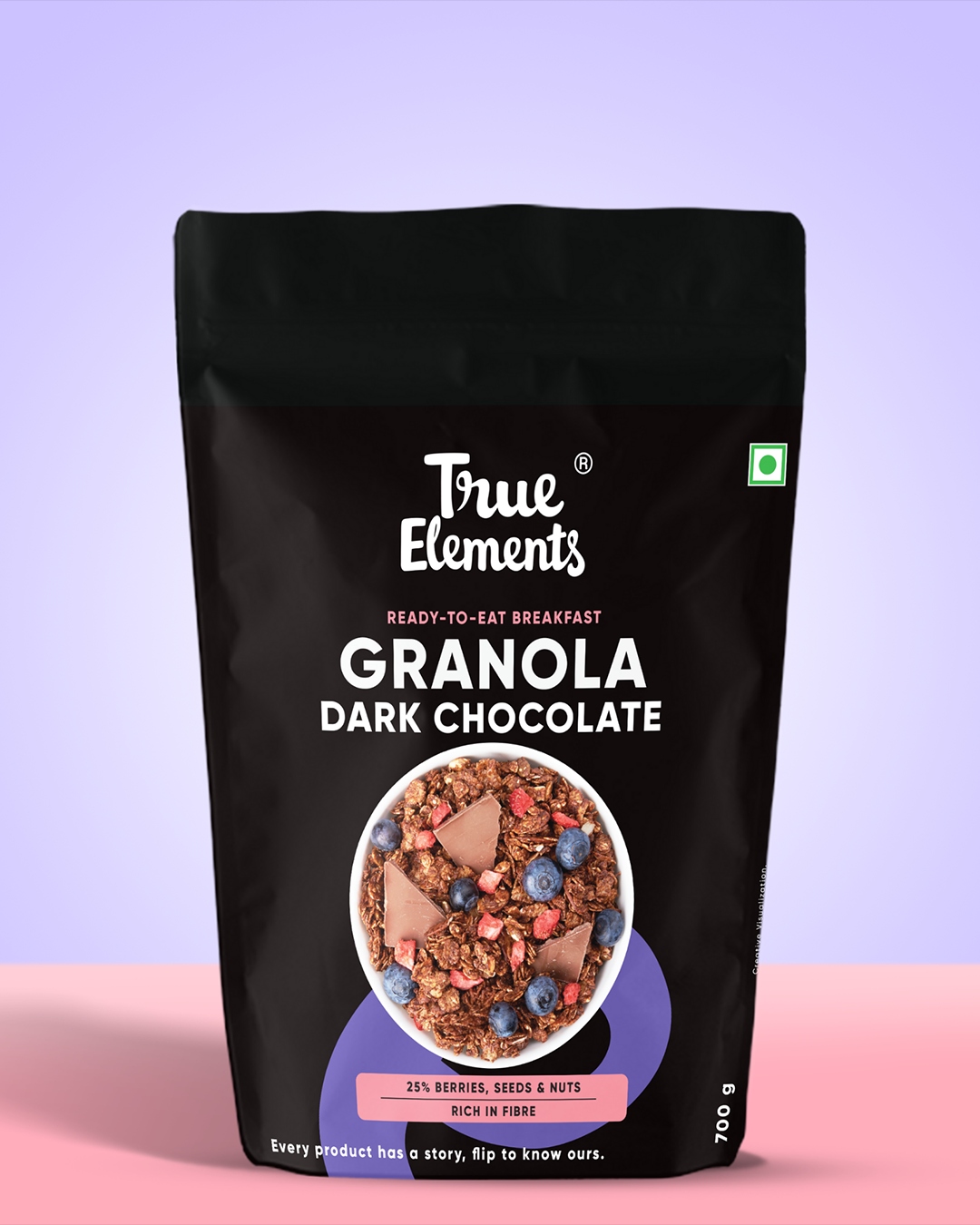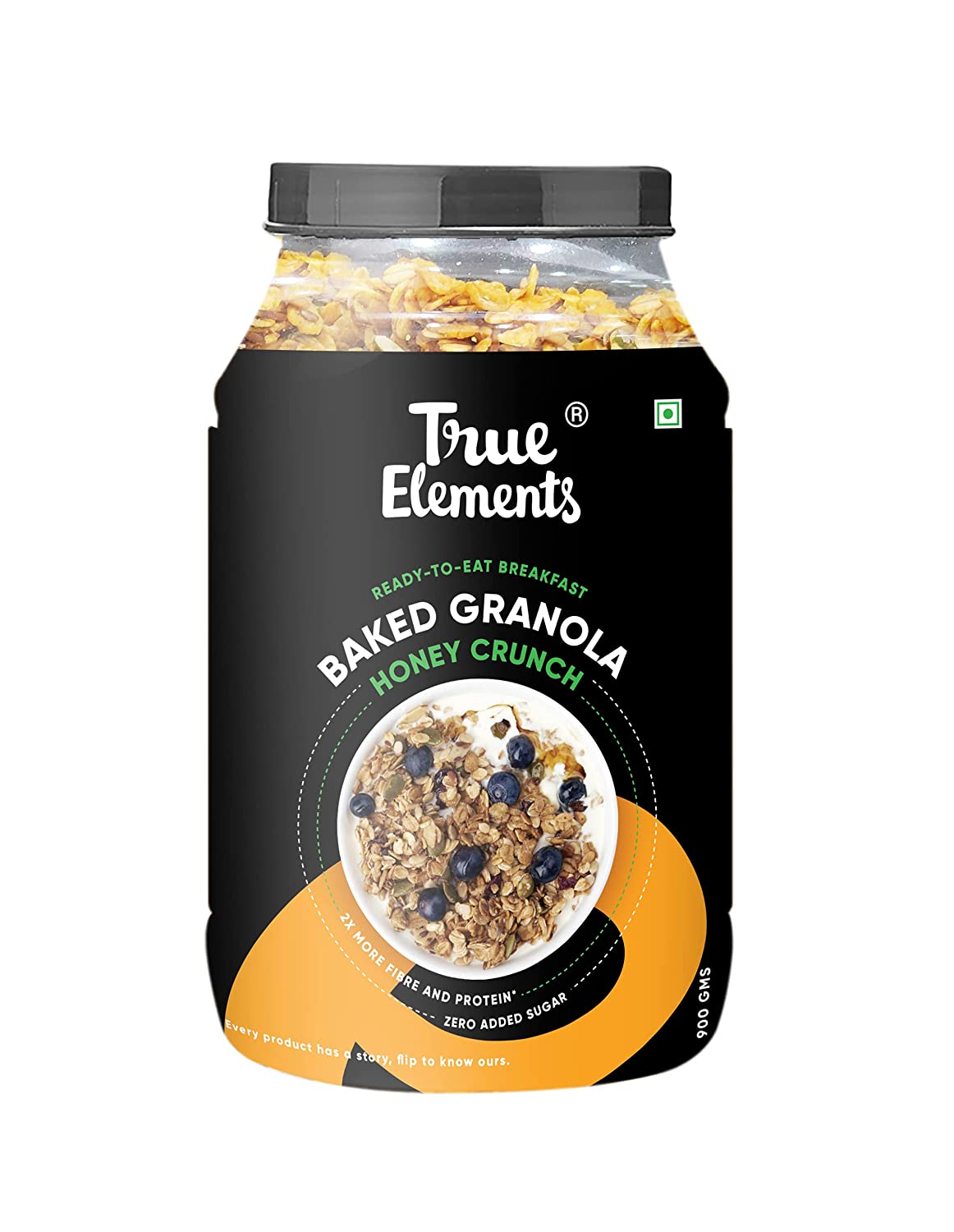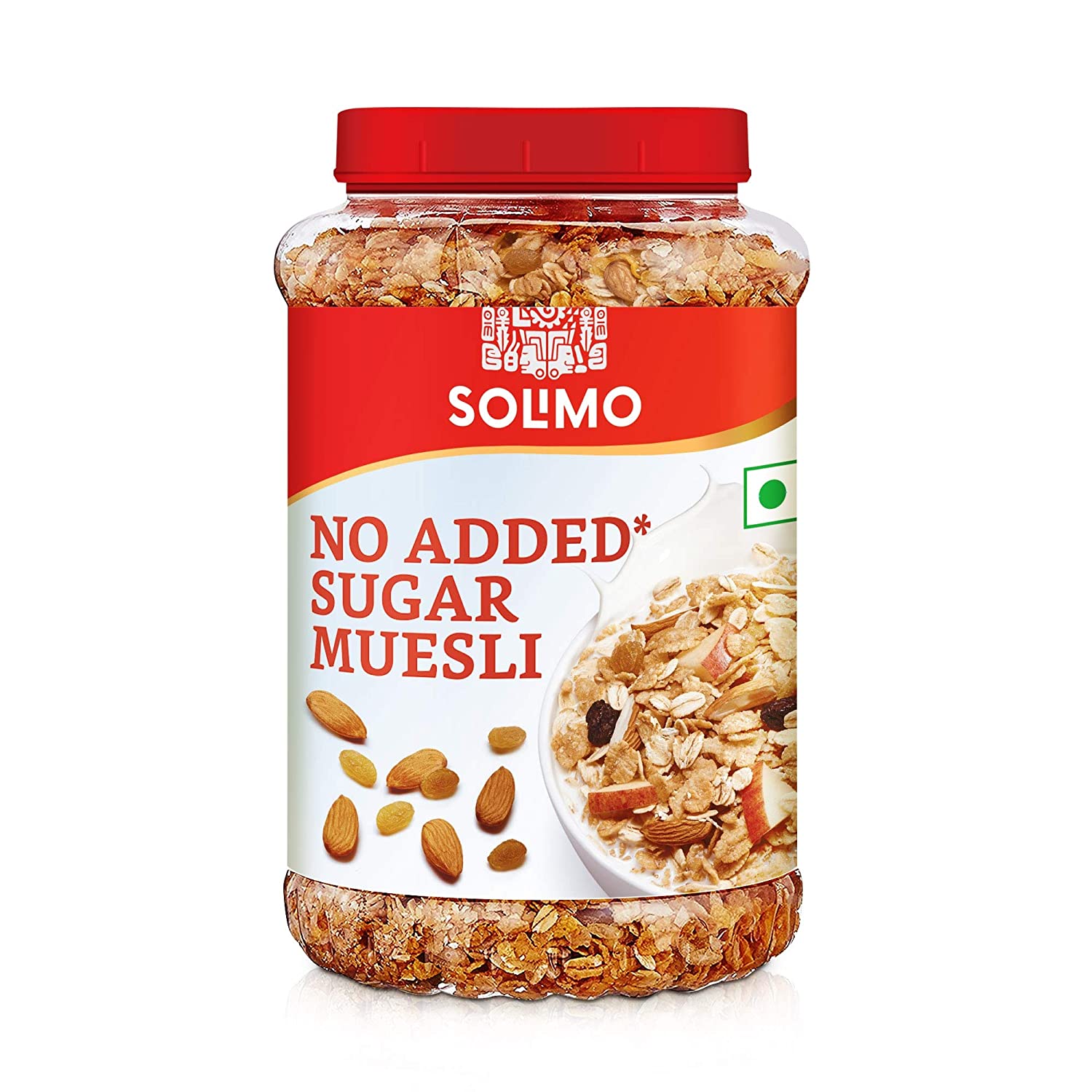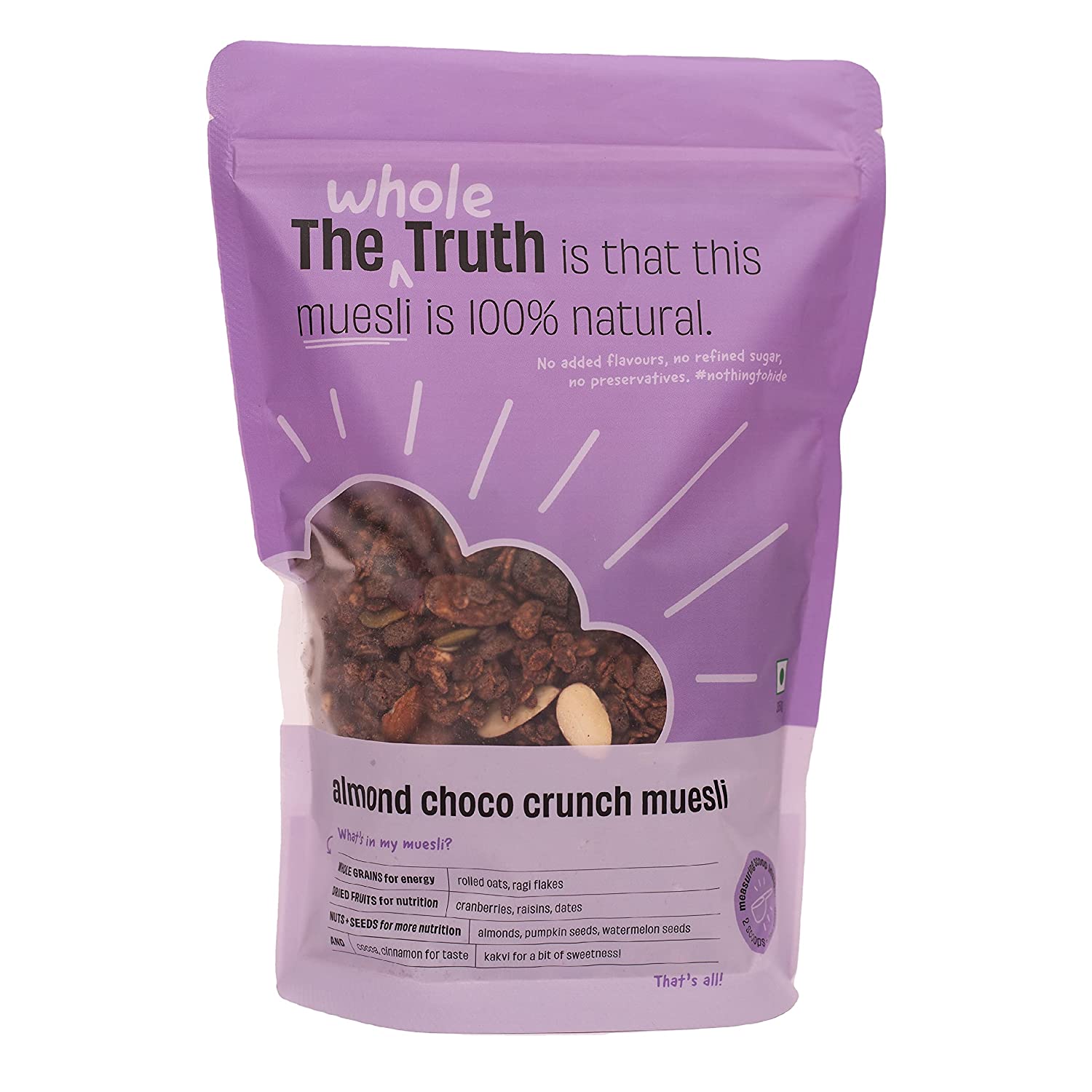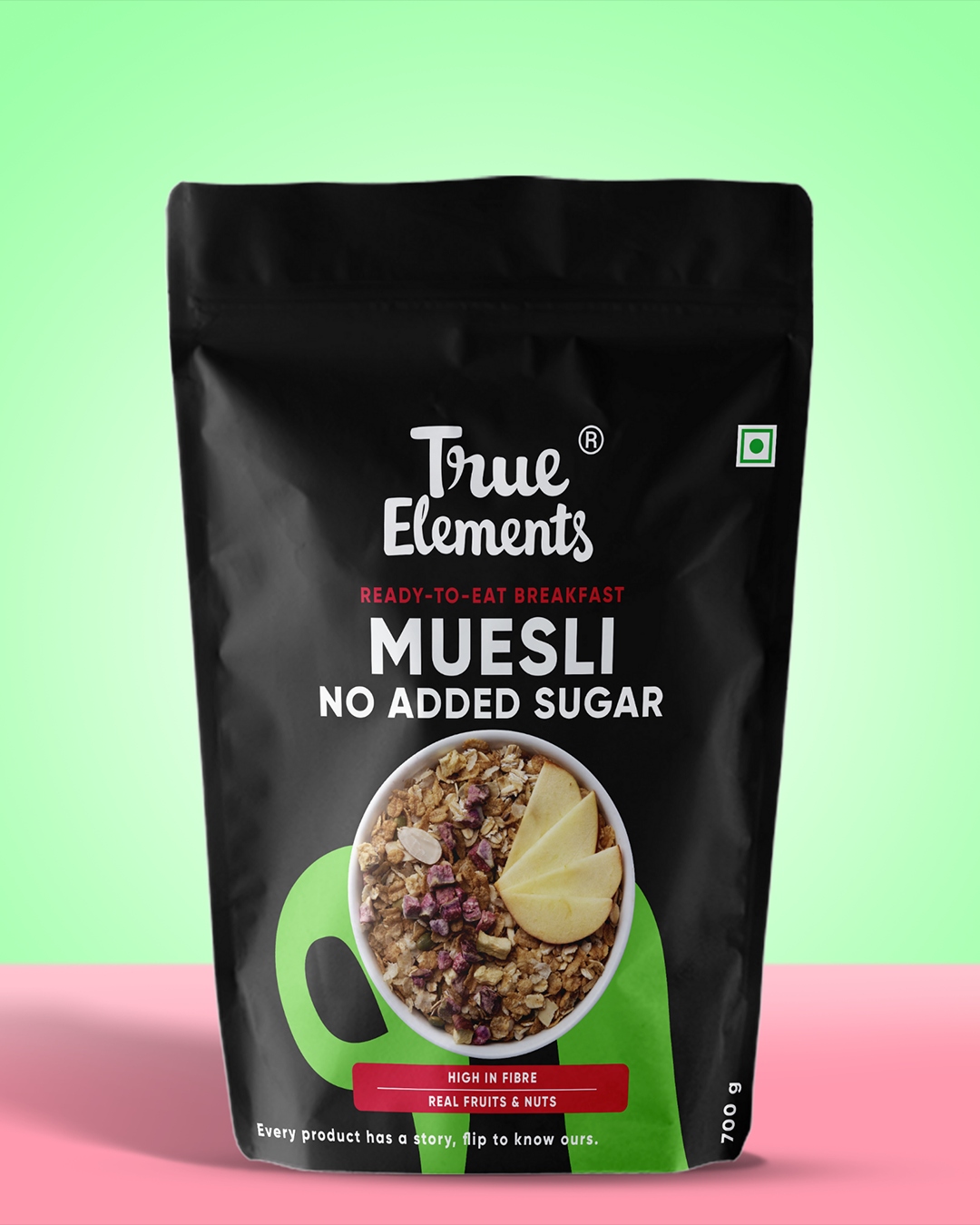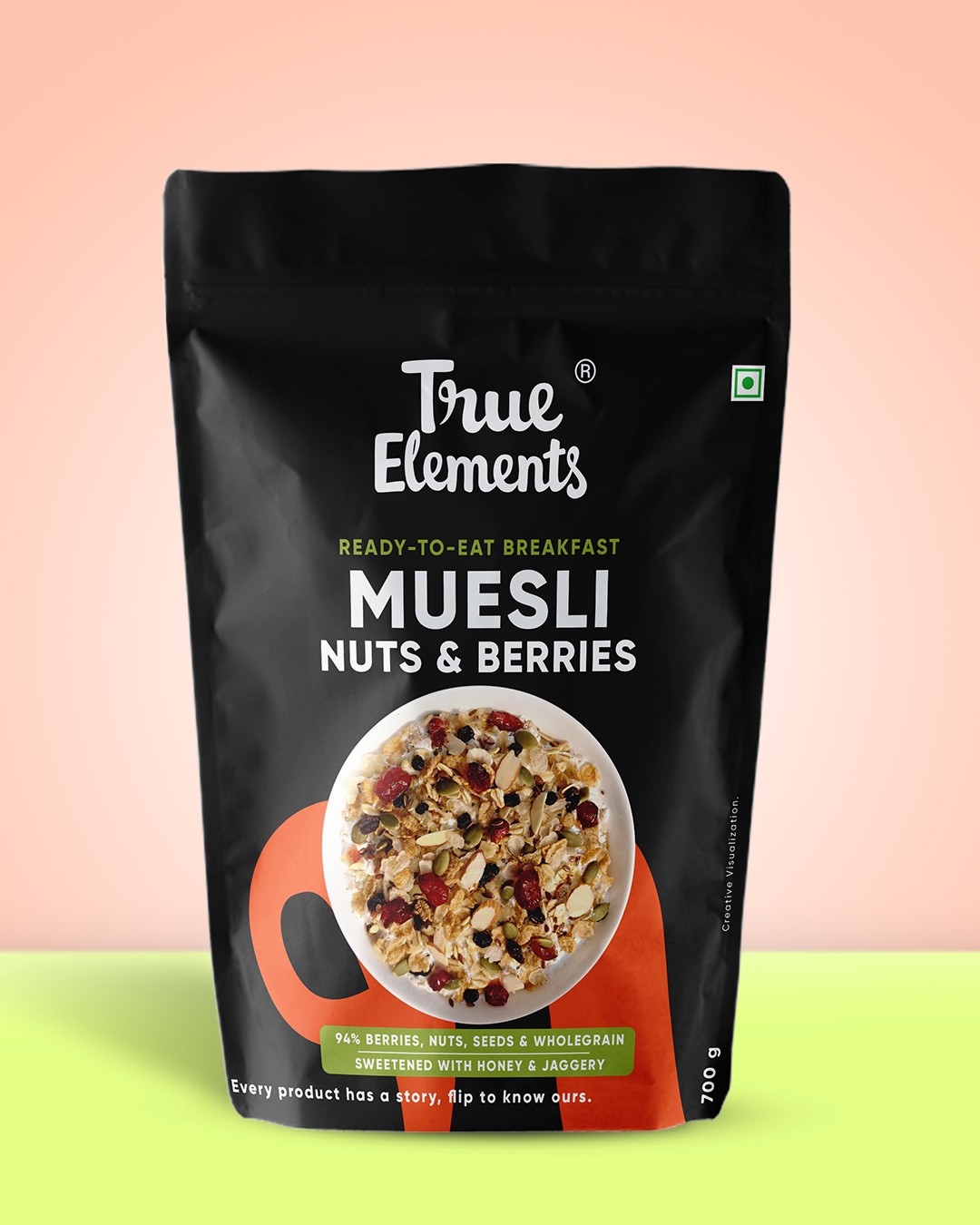Added Sugar
Macronutrient
Last update date: October 12, 2023
Sugars added to food and beverages are sugar carbohydrates and are referred to as added sugars. Excess consumption can lead to weight gain and other chronic health conditions.
Frequently Asked Questions
1.
What is added sugar?
Added sugars, or free sugars, are caloric sweeteners incorporated into food and drinks before consumption. They encompass added carbohydrates like monosaccharides and disaccharides, as well as sugars naturally present in honey, syrup, and fruits. Examples include sucrose (table sugar), glucose (dextrose), and fructose. However, added sugars contribute little nutritional value to food and are often referred to as "empty calories." Overconsumption of added sugars is associated with excessive calorie intake, weight gain, and increased risk of diseases.
2.
What is positive impact of Added Sugar?
Added sugar, in moderation, can have some benefits: Boosts instant energy and acts as a quick source of fuel during physical activities. Provides a temporary mood lift by triggering the release of dopamine. Certain products with added sugars may contain essential nutrients, offering some nutritional benefits. Sugar can be used as a natural skin scrub to remove dead skin cells and improve skin texture. It can also be used in homemade skin-lightening scrubs to promote a brighter complexion.
3.
What is negative impact of Added Sugar?
Excessive consumption of added sugar can have negative consequences: It can lead to weight gain due to its high-calorie content and lack of satiety. Over time, it may increase the risk of heart disease by raising triglyceride levels and promoting inflammation. High sugar intake can worsen acne and contribute to breakouts. Regularly consuming excessive amounts of added sugar can raise the risk of developing type 2 diabetes, particularly in overweight individuals or those with a family history. Some studies suggest that high sugar intake may be associated with an increased risk of certain cancers, although further research is needed.
4.
Who should avoid Added Sugar?
While moderation is key for everyone, these groups should be cautious or avoid added sugar: People with diabetes, as added sugars can cause spikes in blood sugar levels. Women with polycystic ovary syndrome (PCOS), as it can worsen insulin resistance and hormonal imbalances. Individuals with heart disease or an elevated risk, as high sugar intake can worsen cardiovascular health. Those who are overweight or obese, as excessive added sugar consumption can hinder weight management efforts.
5.
What are some common sources of added sugar?
Added sugar can be found in various products, including: Candies, cakes, cookies, pies, and cobblers, which are often high in added sugar and should be enjoyed in moderation. Sweet rolls, pastries, and doughnuts, popular breakfast choices that can be high in added sugar. Dairy desserts like ice cream and yogurt, which can contribute to sugar intake. Sugar-sweetened drinks such as soft drinks, sports drinks, energy drinks, and juice drinks. Sauces, dressings, and condiments like ketchup, barbecue sauce, and salad dressings, which may contain added sugars. Packaged snacks and breakfast cereals, which often have added sugars that should be monitored.
6.
What are the daily recommended limits for added sugar intake?
The AHA recommends a daily limit of no more than 25 grams (6 teaspoons) of added sugar for women and 37.5 grams (9 teaspoons) for men. The World Health Organization suggests limiting added sugars to less than 10% of your daily calorie intake, which is roughly 50 grams (12 teaspoons) for an adult with a normal body mass index consuming 2,000 calories per day.
7.
How can I identify added sugars on food labels?
Identifying added sugars on food labels is crucial for making informed dietary choices. To do so, follow these steps: Check the Ingredients List: Look for terms like "sugar," "sucrose," "glucose," "fructose," "high fructose corn syrup," and other sweeteners. Ingredients are listed in descending order of quantity, so if sugar is near the top, it's a major component. Look for Different Names: Sugar can hide under various names, such as cane sugar, honey, agave nectar, and molasses. Familiarize yourself with these aliases. Examine the Total Sugars: On the Nutrition Facts panel, the "Total Sugars" value includes both natural and added sugars. To distinguish between them, you may need to use other information. Review the % Daily Value: The % Daily Value is based on a 2,000-calorie diet. If the % DV for sugars is high, it likely contains added sugars. Compare with Natural Sugars: Check the product for natural sources of sugar, like fruit or dairy. Any excess sugar beyond these natural sources can be considered added sugar.


